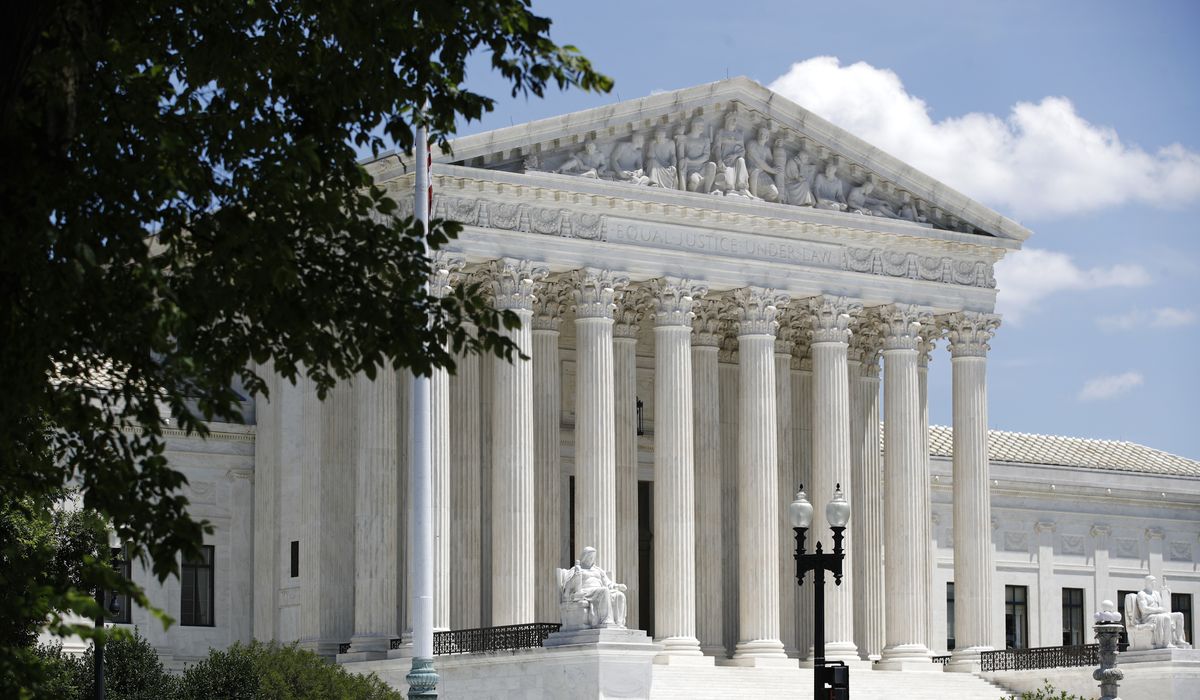

Student group asks Supreme Court to rule that college bias-response teams are unlawful, chill speech

A student-aligned free speech group has asked the Supreme Court to rule that bias response teams at colleges and universities chill speech and violate the First Amendment.
The group Speech First, which aims to defend students’ civil rights, has launched legal battles against bias response teams across the country, which have resulted in circuit courts dividing 3-2 over whether such discipline policies are unlawful.
The group claims the teams intimidate and silence students over protected speech under the First Amendment.
“Universities formally define ‘bias’ to cover wide swaths of protected speech. Bias-response teams are staffed by administrators, disciplinarians, and even police officers — a literal speech police,” reads the group’s petition, which was filed in August to the high court.
Speech First’s petition pointed specifically to a bias response team at Virginia Tech, which has investigated students for saying that female students are “unathletic” and that Caitlyn Jenner is a “deadname,” according to the court document.
According to the group’s filing, bias response teams are composed of school officials and police who investigate anonymous student complaints of bias — which is subjectively determined — and mediate such incidents.
Students have filed complaints to bias teams over incidents of fellow students viewing videos of conservative activist Ben Shapiro, tweeting #BlackLives Matter, writing “Build the Wall” on a sidewalk and writing a satirical article on “safe spaces.”
The group says universities increasingly have been using bias response teams, noting that 200 colleges used them in 2017 but 450 universities had some sort of bias reporting scheme in 2022.
The 5th, 6th and 11th U.S. Circuit Courts of Appeals have said the bias teams chill student speech, while the 4th and 7th Circuits have said they do not. Such circuit-court splits generally increase the likelihood of the Supreme Court granting a review.
It would take four justices to vote in favor of hearing oral arguments for the 2023 term, which begins in October.
The case is Speech First v. Timothy Sands, president of Virginia Polytechnic Institute and State University.
A spokesperson from Virginia Tech did not immediately respond to a request for comment.
An official response from the university is due Oct. 18.
• Alex Swoyer can be reached at aswoyer@washingtontimes.com.
